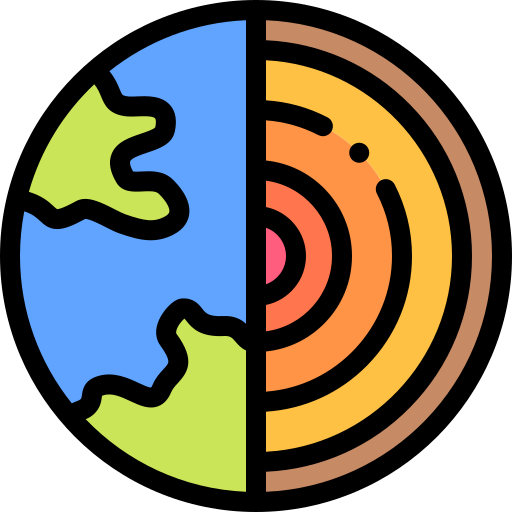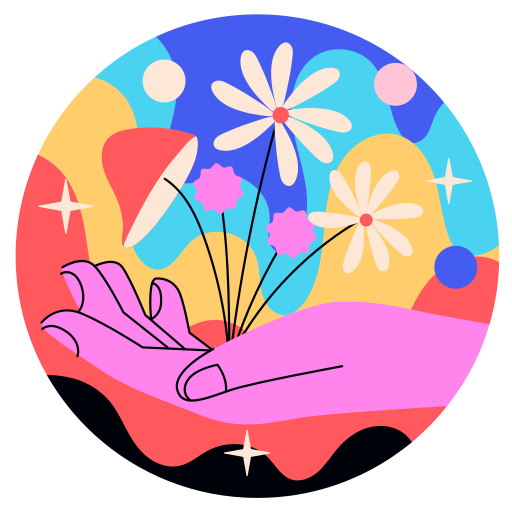

Thanks for that, much appreciated :)


Thanks for that, much appreciated :)


“White and his team fired a powerful laser at a 50-nanometre thick sheet of gold for 45 quadrillionths of a second…”
As a rank amateur I don’t understand the other discussions here, but my thinking is that if a material is heated up for such a short period of time, and also only in a very small location (“The laser was focused to a spot approximately 100 µm in radius”), not across the whole mass, then the energy will dissipate across the mass of the material without building up enough to break the bonds and melt.
For me, what’d be more significant to know is how long it’d take for melting to occur/what’s the tipping point.
So I’ve skimmed through the journal article and:
https://www.nature.com/articles/s41586-025-09253-y
“Notably, the temperatures exceed the proposed limit of 3Tm in both cases for over 2 ps. This time is approximately an order of magnitude longer than the characteristic phonon oscillation period and, thus, much longer than required for homogeneous melting”
So the gold did melt, just not instantaneously!
“Our experimental findings raise an important question about the ultimate stability limit for superheating.”
Right so both news articles avoid stating that melting occured so far as to suggest it didn’t and that was what was significant…oh well, reading the journal article was interesting at least!
One question of mine I didn’t see was answered is, what significance do the xrays have on the temperature and time taken to melting?


Ahh craps, there goes my chance to come passed the line to the field with you.
I had to look this up as it sounded unusual, but looking at the younh plant it is basically a small trunk covered in long floppy pine leaves/needles that superficially looks like a clump of grass at first. I suspect there’s no evolutionary advantage to looking like grass, but storing up energy before growing upwards makes sense if there’s a periodic fire risk with each fire risk period being over a couple of years. Also handy for dealing with browsing pressure from particulary hungry critters following a fire.
Vomiting certainty… I like that turn of phrase!


They did say ‘crazy amounts’ in the title, as if they were weened on social media as a baby, so I’m not in the slightest surprised, thanks for saving me a pointless read!
P.s. as you say, celciheit is clearly the current preferred measurement…

I can imagine an Auzzie tabloid running that story if that happened England, in part for funsies, but what’s the beef with Europe?
I sell the truth, that is my fan. Mits off! You now owe me $5.


If the only variables they accounted for were human population, surface temperature and land use then they’ve omitted one of the biggest influences - pesticides (and other deleterious, persistent chemicals). Also, soils in agricultural management have long been known to be deteriorating due to intensive modern practices, but that may less of a factor.


Quite possibly, I’m a devout athiest so don’t even begin to think in any religious or spiritual terms (could you tell?!)
But yes, I certainly agree with that statement without argument. Thanks for the discussion :)


Haha, I thought you’d say that! Well no, given how widspread and old religion and spiritually is that’s not possible for anyone but a child raised by wolves to say it hasn’t been an influence!
My centre point of discussion is to look back before, wayyyy before any of these ideas could be cultivated. I feel that you are starting somewhere at a point where these morals are in the process of being developed and refined, if in early days, so your arguments are somewhat self supporting (happy to be corrected, just the impression I’m getting).
You say there’s no point in discussing what cannot be proven with evidence…well that makes this whole discussion somewhat defunct then unfortunately!! I’d already written the below so I’ll leave it should you wish to discuss further despite this :)
You say it was necessary for formation of larger social groups etc but…I go back to my basic starting point of “I don’t like…” As you say there needs to be discussion, development and unity of belief for it to become a recognisable, repeatable, lasting moral system. But that just demonstrates my point that basic, individualistic morals came first then once complex language started to develop then shared likes and dislikes become more prevalent. Imagine what it was like before? Just take a look at chimpanzees.
The developement of shared beliefs, religious or otherwise, will no doubt have occurred simultaneously. Overlapping, replacing and morphing over millions of generations. Some ideas being discarded/diminished as other new ones arose - e.g. that great 1 in 1000 year volcano eruption replacing the end of the 20 year flood occurance, to use my natural disaster example again.
But “I don’t like…” is still the starting point for pretty much any discussion about morals as far as I believe.


Glad you took the time to read this. The paragraph “Religion likely evolved by building on morality, introducing supernatural agents to encourage cooperation and restrain selfishness, which enhanced group survival. Additionally, emotions like disgust play a key evolutionary role in moral judgments by helping to avoid threats to health, reproduction, and social cohesion.” Describes much of what I’ve discussed so far. Though my thoughts re disasters is omitted. I think that they are very significant if you look at e.g. Roman and Greek gods.
You say that it’s required to bring together larger populations, but plant cultivation - the beginnings of farming will be far more significant.
As a slightly sideways thought, take a look at e.g. African tribal social structures - relatively small population groups (villages) may exists with low/intermittent positive interaction (not fighting over resources), but can still share similar or near identical spiritual beliefs and moral codes. I.e. one does not automatically determine the other. They can develop side by side or independently.


I’d disagree with that as well. I believe that “why did that storm happen?” “Why did drought kill everyone?” Etc - “the spirits and gods are angry!” As an answer in the absence of the level of scientific knowledge to expain it is the starting point.
Bear in mind that these questions will have existed before complex language developed. And you can’t develop a widespread religion without consistant communication. You can’t form the concept of a spirit or god without generations of discussion.


Some came from religious teaching, but mostly I got my moral code from my peers and personal experience. I very much start with treating others as I’d be happy/like to be treated. If you follow that principal to start with then most other morals fall into place.
Not sure what you’re getting at about how far back you have to go but perhaps I can head off that discussion by saying that most morals can exist in the absence of religion and spirituality.
Re your second question. No. And I doubt anyone has, but that’s because morals form a part of religious beliefs. As I discussed, morals first then religion based morals after.
Religion or spirituality of some form or another has existed for as long as we have any detailed information on any societies. The main problem with this discussion is that spiritual, religious and plain moral beliefs long predate any written language system so we can’t refer to any solid evidence.
If you start with “I don’t like that” as a simplistic moral, then that predates any language as well and therefore spirtuality or religion.


I also disagree. All you need is to say “I don’t want/like that” and to understand that something could be lost or suffered to yourself or others, given a particular scenario. That can then be used to create a system of morality where the majority are in agreement with each aspect.
Oh and empathy. That’s pretty critical!
I’d say that spirituality and religion is then formed off the back of and alongside general or universal moral beliefs and that many aspects cannot exist without morals in the first place.


‘Barbaric’. A Roman word, possibly from the Romans saying about foreigners, along the lines of, “they were all like, “ba ba ba ba ba”, I couldn’t understand a thing they were saying”. “They’re ba ba barians! What do you expect”.
So being a ‘Barbarian’ is not about vicious behaviour, rather simply being a foreigner to Romans casts a person as being called that. It’s essentially rascism.
Source: Terry Jones’ Barbarians
I even found link to the whole book! https://archive.org/details/terryjonesbarbar00jone
And yes, they were terrified of them, in large part because Rome was well and truly sacked! (Can’t remember who by now). An act that ironically spurred the creation of the famous Roman empire.


What are you all laughing about?? Stop it at once!!!


I think there’s an element of media click bait and finger pointing to funding cuts to sell an otherwise mediocre story.
If you’d like to hear about the versatility of the word ‘fuck’ click and enjoy some Wildhearts at the same time :)
https://youtu.be/3ZLFlzDazvA
You may want to skip the last minute…on the original cd it was waaay longer!